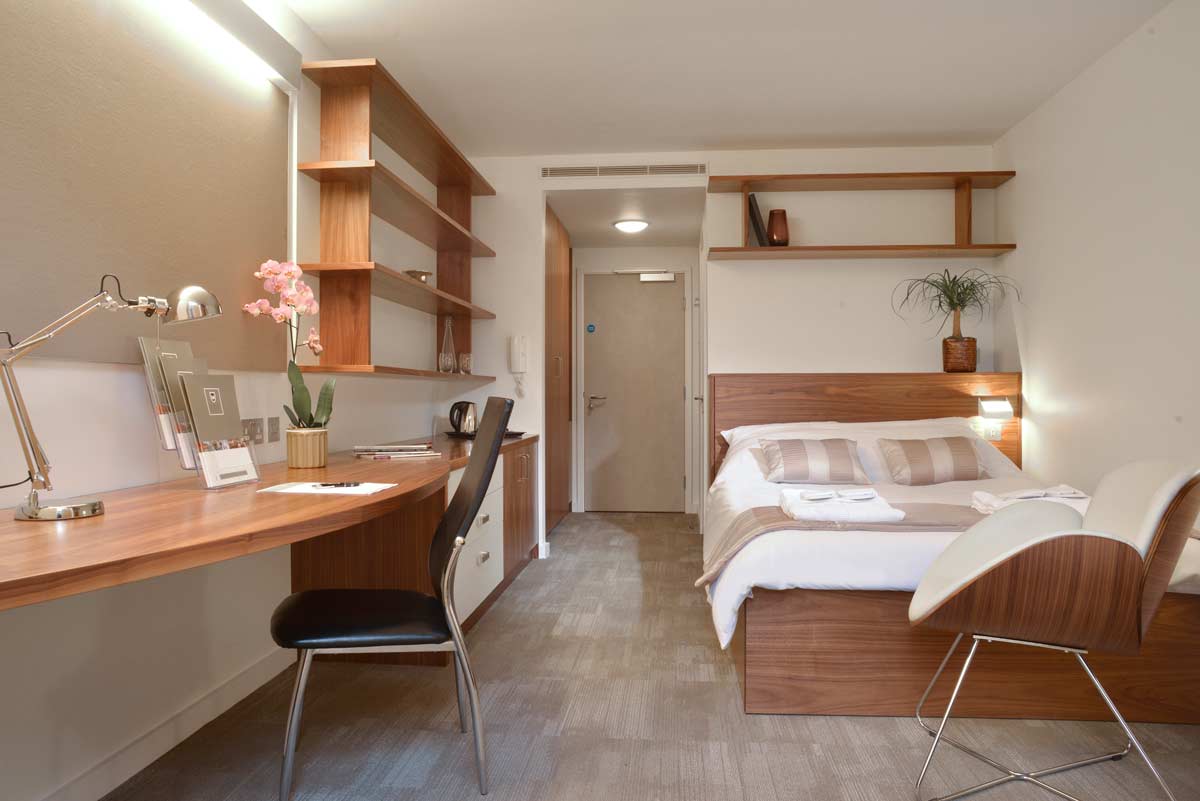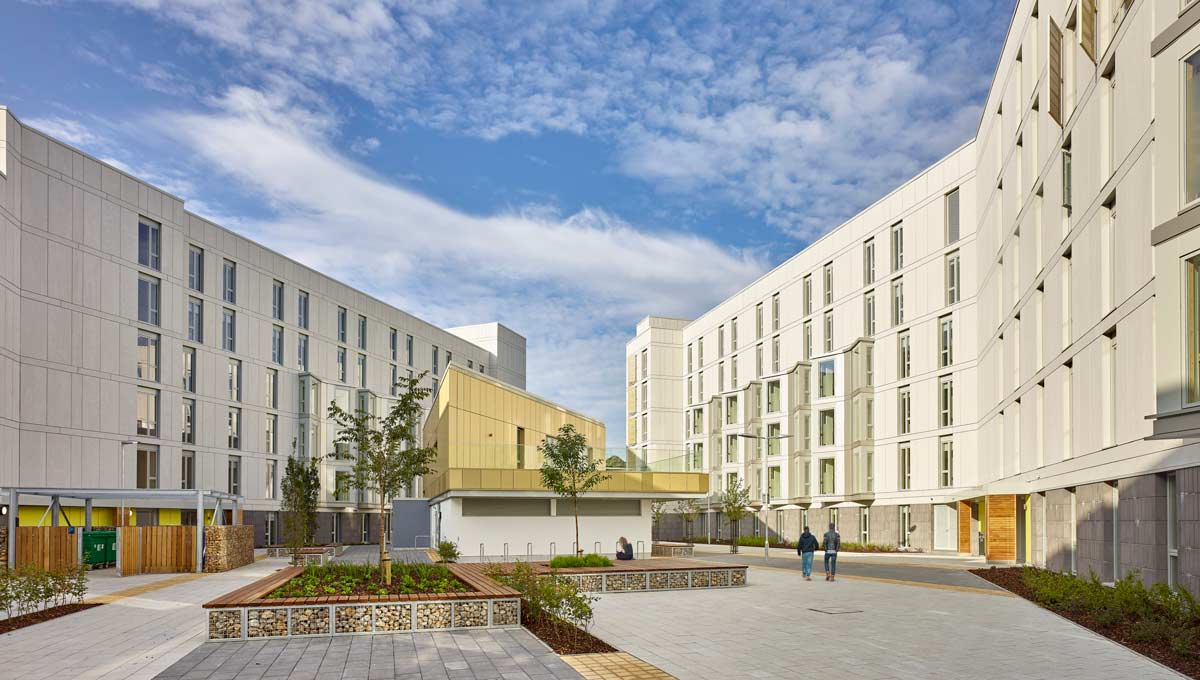News
Does Student Accommodation need a rethink?
Across the country this week students have been returning to university and so student accommodation buildings will fill up again after months of being virtually empty.
The coronavirus pandemic has had an enormous impact on the higher education sector. There remains a great deal of uncertainty about the longer term implications that the virus may have for universities as they face the loss of some significant sources of income. The Institute of Financial Studies for example estimates that universities could lose between £1.4 billion and £4.3 billion as a result of falls in international student enrolments.
An increase in the amount of teaching that is delivered online is one of the obvious strategies that universities can and have put in place to continue to operate as well as minimise the spread of the virus, but this raises the question – will students no longer see the need to stay in student accommodation with delivery of courses no longer tied to a particular geographic location.
This poses a challenge to many universities in that student accommodation provides an important stream of income. Having delivered a number of student accommodation design projects for colleges and universities, we have spent a great deal of time as a team engaging with students to find out what it is that they wanted from their accommodation, but have recently been reflecting on whether the priorities of students and universities will have changed in the wake of the pandemic.
A shift from communal to en-suite
Nowadays the majority of new student accommodation is built to a high spec, with the associated high budgets, and it seems to have become almost mandatory that new developments feature expensive, large scale communal facilities, including games rooms, cinemas, etc for which students pay a premium.
Student feedback from the National Student Housing Survey suggests that if students are paying a premium they would rather do so to have larger individual rooms with en-suite facilities than large scale communal facilities, and would prefer to socialise outside of their accommodation where they likely have more control over who they get to spend time socialising with.
Likewise, each of the projects that LSI has delivered in the sector incorporates desk space but with more students choosing to work outside of their rooms in coffee shops for example, will there still be a need for each student bedroom to have a desk?
Co-living concepts
If student numbers were to decrease, or at least the number of students needing to stay in accommodation as teaching is delivered virtually, colleges and university estates will need to become more adaptable. Rooms are already empty for several months of the year and there is potential that rooms could now sit emptier for even longer so how could universities avoid this waste of empty accommodation for longer periods of time.
Flexibility in student accommodation to adapt to different uses over time and respond to different accommodation needs, and to different budgets through the provision of shared facilities looks set to become increasingly important.
More flexible rental models could be popular with students who may well now need accommodation for shorter periods of time than a full academic year as has traditionally been the case. Affordability remains a key issue for students and so being locked into expensive accommodation over a full year could become a great deal less attractive, particularly if the delivery of teaching online becomes a longer term trend for universities.
Above: An excerpt from our recent entry to the open contest to design a new accommodation block for students at the Trinity College theological school in Bristol, which featured pre-fabricated modules constructed in SIPs (Structural Insulated Panels) to enable accommodation to be arranged in a variety of combinations, subject to client requirements and changes in demand.
Shorter term, flexible rental models could not only help to make accommodation more affordable and attractive for students, but also opens up the possibility of offering co-living concepts on the market, where young professionals could perhaps occupy rooms for short periods of time as required.
Providing an attractive place to live for young people through good design would encouraging students or young people to stay in accommodation where the need or desire to stay in halls may not be as strong as it once was.
Designers therefore should consider solutions that enable accommodation to be arranged in a variety of combinations so as to be more flexible and to be easily converted should the need for student accommodation change in the future.
Outside space and a greater emphasis on wellbeing
Providing good quality outdoor spaces for students to access should be a key consideration for both new and existing accommodation. Being able to spend time outside to socialise as well as study could offer important benefits for students.
Our Hickling House and Barton House at the University of East Anglia, features a bright, spacious central courtyard which has proved to be popular with students as a space and community for students to spend time in and enjoy.
There is an increasing focus on student wellbeing, and attractive outdoor space incorporated into developments can encourage a greater connection to the outdoors that can benefit both the physical and mental wellbeing of students living there.
It’s not yet clear what the future might look like in the higher education sector, but what is clear is that the pandemic has highlighted that there is a need for a rethink as to how student accommodation can be designed to meet the rapidly changing needs of universities and their student population.
——-
LSI Architects has delivered an extensive portfolio of design projects in the higher education sector, from significant new build projects to minor works infill and refurbishment schemes. Click here to view our portfolio of higher education projects.
This experience incorporates student accommodation design projects for colleges and universities, design and delivery of over 2,550 new student residences within five schemes. Click here to view our portfolio of student accommodation projects.




